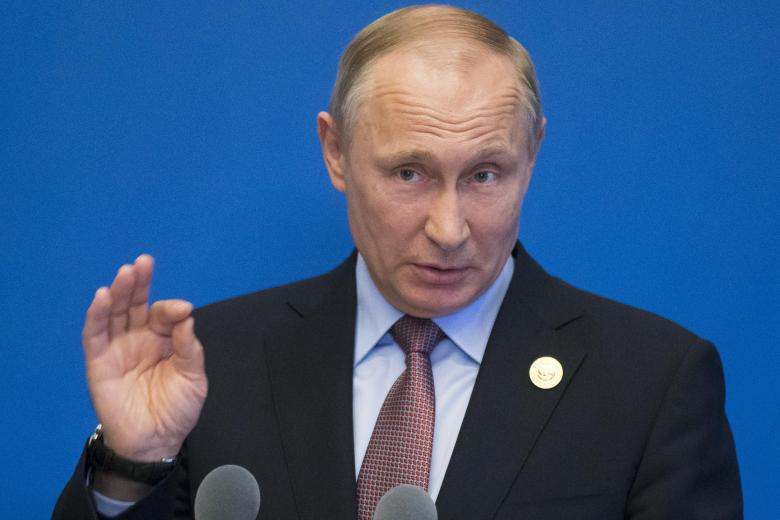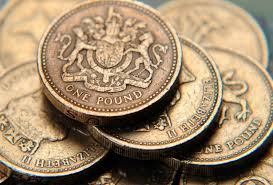
Moscow — The Russian rouble firmed against the dollar in volatile trade on Thursday, as the central bank’s foreign currency sales helped outweigh concerns about low oil prices and the impact of the coronavirus outbreak.
The rouble reversed early losses and brushed aside record high unemployment data from the United States, as the market hoped for additional support measures from the U.S. Federal Reserve.
By 1525 GMT, the rouble was 1.2% stronger against the dollar at 77.31, heading towards a one-week high, and flat versus the euro, trading at 85.18.
Brent crude oil, a global benchmark for Russia’s main export, was down 1.4% at $27.0 a barrel.
Weekly jobless claims in the United States surged to a record 3.28 million, higher than forecast, in another blow to the global economy, but the rouble was buoyed by forex sales and exporting firms making monthly income tax payments.
The Bank of Russia continued its forex interventions, selling the equivalent of 13.4 billion roubles ($171.9 million)of foreign currency on March 24, taking its total sales to more than $1.1 billion in the past two weeks.
Russia’s gold and foreign exchange reserves fell by $30 billion to $551.2 billion in just one week, the central bank said, reflecting the forex interventions as the regulator sought to halt the rouble’s slide, which fell to four-year lows earlier this week.
Recorded coronavirus cases are beginning to rise more quickly in Russia, although the total of 840 is still far below the numbers in the United States and much of Europe.
The country said it would ground international flights from Friday and the mayor of Moscow said all restaurants, cafes, bars and shops, apart from those selling food and medicines, would close from March 28 until April 5.
Russia’s budget can support new fiscal expenditures proposed by President Vladimir Putin on Wednesday, Sofya Donets, chief economist at Renaissance Capital said, adding that growth would be hit if a newly-announced week-long holiday of workers was prolonged.
“We calculated our tentative scenario for this new reality with both domestic and external restrictions to be prolonged, and we see -0.8% y-o-y growth in Russia in 2020 in this scenario,” she said.
ITI Capital’s head of research Iskander Lutsko said Russia’s gross domestic product (GDP) could decline around 0.15% in the short term.
Russian stock indexes were up.
The dollar-denominated RTS index was up 3.3% to 1,013.6 points. The rouble-based MOEX Russian index was 1.5% higher at 2,488.4 points.
Follow us on twitter
- Reuters



